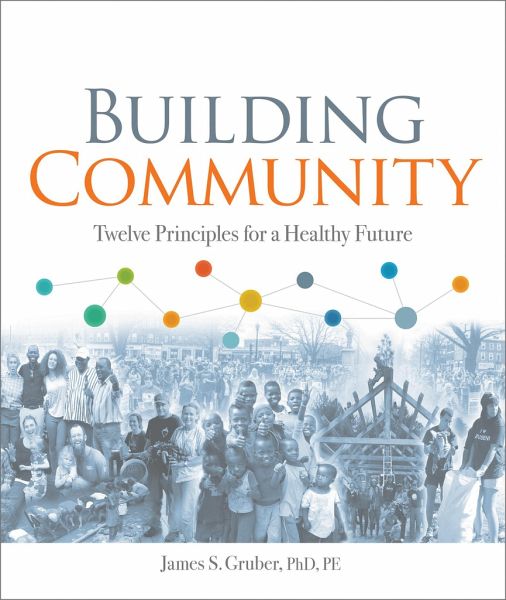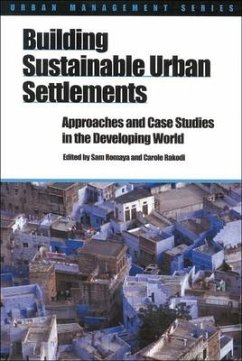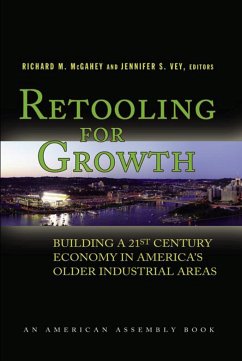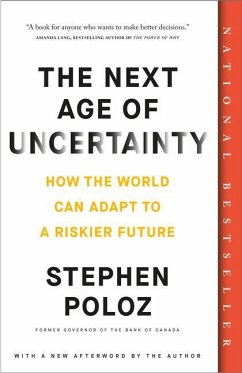
Building Community
Twelve Principles for a Healthy Future
Versandkostenfrei!
Nicht lieferbar
An easy-to-use guide for local leaders working to engage their community in growing a more equitable, healthy, and sustainable future Crucial reading for all who feel compelled to lead...simply because they care deeply about their community and world. - Ronald A. Heifetz, MD, founder, Center for Public Leadership, Harvard Kennedy School, author, Leadership Without Easy Answers This vital resource for community building illuminates a path for reconstructing formidable problems into tangible solutions. - Dr. Mark Roseland, author, Toward Sustainable Communities STRONG LOCAL COMMUNITIES are the f...
An easy-to-use guide for local leaders working to engage their community in growing a more equitable, healthy, and sustainable future Crucial reading for all who feel compelled to lead...simply because they care deeply about their community and world. - Ronald A. Heifetz, MD, founder, Center for Public Leadership, Harvard Kennedy School, author, Leadership Without Easy Answers This vital resource for community building illuminates a path for reconstructing formidable problems into tangible solutions. - Dr. Mark Roseland, author, Toward Sustainable Communities STRONG LOCAL COMMUNITIES are the foundation of a healthy, participatory, and resilient society. Rather than looking to national governments, corporations, or new technologies to solve environmental and social problems, we can learn and apply the successes of thriving communities to protect the environment, enhance local livelihoods, and grow social vitality. Building Community is an easy-to-use guidebook that distills the success of healthy, thriving communities from around the world into twelve universally applicable principles that transcend cultures and locations. Exploring how community building can be approached by local citizens and their local leaders, Building Community features: * A chapter on each of the 12 Guiding Principles, based on research in 27 countries * Over 30 knowledgeable contributing author-practitioners * Critical practical leadership tools * Notes from the field - with practical dos and don'ts * A wealth of 25 case studies of communities that have learned to thrive, including towns and villages, inner-city neighborhoods, indigenous groups, non-profits, women's empowerment groups, and school, business, and faith communities. This is essential reading for community leaders, activists, planners, policymakers, and students looking to help their communities thrive. A highly insightful, down-to-earth leadership manual. - Ambassador Adrian A. Basora (USFS, Ret.), principal author, Does Democracy Matter? I was so impressed that I gave a copy to my mayor! - Dr. David Blockstein, senior adviser, Association for Environmental Studies and Sciences James S. Gruber, PhD, PE, is Director of the PhD Program in Environmental Studies at Antioch University New England and a member of the IUCN Commission for Environmental, Economic and Social Policy. He has also worked as town manager, solar engineer, and consultant. He lives in Alstead, New Hampshire.







